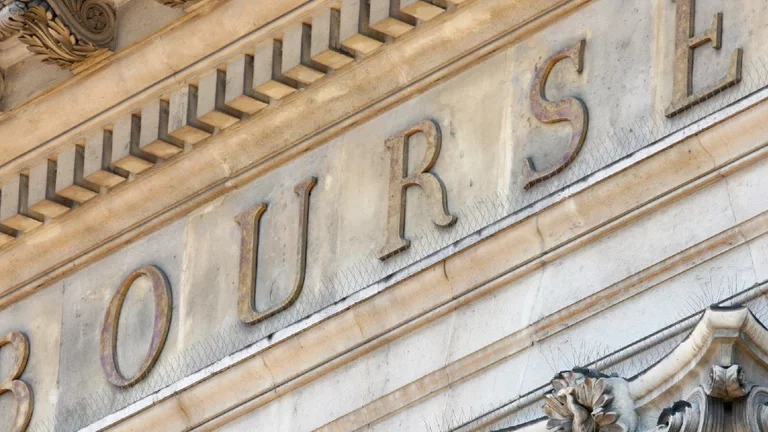Learn about the stock exchange in 5 minutes
Published on October 21, 2021
3 minutes

Understanding the stock exchange and how it works is important for all current and prospective Shareholders. Let’s take a moment to explore some of its history and operations.
The stock exchange is a regulated market on which assets are traded. For example, these assets could be marketable securities or raw materials.
A bit of history...
The term “bourse” (“stock exchange” in French) is believed to have originated in the XIVth century, when Belgian merchants would gather and trade in the square in front of an inn owned by the wealthy Van der Beurse family. At the time, this square was known as “Ter Beurse,” so they were literally going “to the bourse.” As the years passed, “bourse” became the standard French term for the stock exchange.
The Paris Stock Exchange was created in 1724. Going back even further, a “merchants’ square” had been established in Paris in 1563. There are nowadays many other stock exchanges across the globe.
Primary and secondary markets
Of course, the modern stock exchange is very different from what it was like back then. If we consider publicly traded shares, there are two markets at play:
- When a company wishes to diversify its financing sources and raise additional funds, it can decide to be listed on the stock exchange; in other words to issue shares on the stock market for the first time, or carry out a capital increase if it is already listed. The primary market is therefore the "new market" where shares are listed for the first time, at a price set by the issuer, according in particular to market conditions.
- The shares of listed companies are liquid, i.e. once acquired, investors can freely exchange them on the secondary market (“second-hand market”). The offsetting of supply and demand for these shares contributes to the setting of their stock market price, i.e. their unit price. If buyer demand exceeds sellers' offer, the share price increases. If it is inferior, the share price drops.
To buy or sell shares on the stock exchange, investors must place a stock exchange order. There are several types of order—market price, limit price, best price and more—which we will discuss in an upcoming article.
By enabling companies to raise a portion of the capital they require to invest and expand, the stock exchange plays a pivotal role in the economy.
The obligations of a listed company
Market authorities oversee the smooth running of the stock exchange and ensure that all players fulfill their obligations. In France, this is done by the AMF (Autorité des marchés financiers — the French financial markets authority).
Listed companies (“issuers”) have a number of disclosure obligations:
- ongoing disclosure obligations, whereby companies are required to disclose insider information as soon as possible
- periodic disclosure obligations, requiring regular communication of certain information (for example, annual and semi-annual reports)


